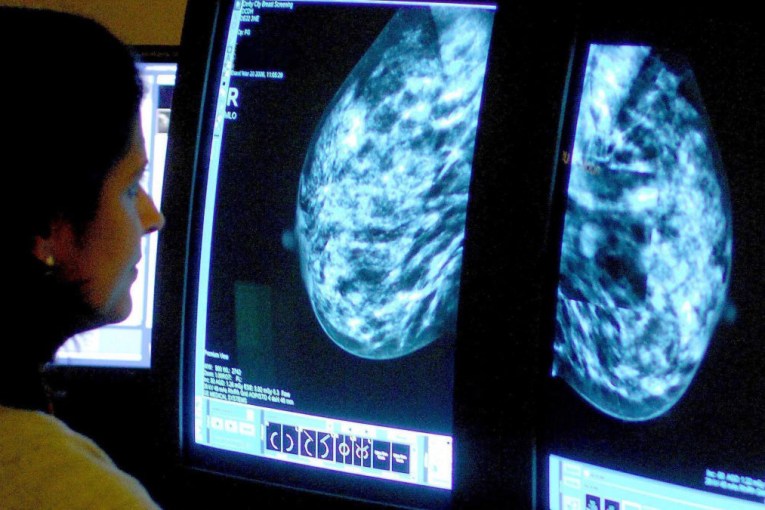Giving the heart a regular, vigorous workout, even just once a week, significantly reduces the risk of dying from flu or pneumonia.
These protective benefits increase with the amount and frequency of exercise you do – up to a point.
These are the main findings of a new large study.
It’s an important finding because flu and pneumonia put the heart under a lot of strain in the short term, but also in the long term. This is especially true for older people, or those with pre-exisiting heart conditions.
According to a 2018 study, about 30 per cent of patients admitted to hospital with pneumonia develop cardiovascular complications.
These include heart failure, arrhythmias, myocardial infarctions and strokes – all of which can kill you.
These complications can present immediately – the greatest risk occurs in the first month – and up to 10 years later.
Flu affects the heart
According to the Heart Foundation:
- Your risk of having a heart attack is six times higher in the week after a bout of the flu.
- Viruses like influenza can cause an inflammatory response in your body, placing strain on your heart; this could lead to heart failure or an abnormal heartbeat.
- The flu can also destabilise plaque in your blood vessels, and this can cause a blockage and possible heart attack.
A 20-year study
The US researchers, from the Centres for Disease Control and Prevention, investigated the exercise habits of 577,909 adults between 1998 and 2018.
The participants were asked how often they spent 10 or more minutes doing aerobic exercise, and how intense were their efforts. They were also asked how often they did muscle-strengthening activities.
From this they gauged who was performing the recommended weekly physical activity targets, who was not, and the relative protective benefits of doing more or less exercise.
Physical exercise targets
Adults are advised to do at least 150 minutes per week of moderate intensity physical activity, or 75 minutes of vigorous intensity exercise.
Preferably this will be a combination of aerobic and muscle strengthening activity of moderate or greater intensity at least twice a week.
Aerobic exercise – which includes brisk walking, swimming, running, and stair-climbing – is sustained activity that increases the heart rate and works up a sweat.
Muscle strengthening activities include the use of weights and resistance bands; exercises such as squats, lunges, push-ups and heavy gardening.
The results
Half the respondents (50.5 per cent) didn’t meet either weekly target.
Socio-demographic and lifestyle factors, underlying health conditions, and whether they had been vaccinated against flu and/or pneumonia had a significant impact on their performance in the study.
A third (34 per cent) did no aerobic activity.
More than three-quarters (78 per cent) reported fewer than two weekly sessions of muscle strengthening activity.
During an average monitoring period of nine years, 81,431 participants died; 1516 of these deaths were attributed to flu and pneumonia.
Those who met recommended weekly physical activity targets for cardio and muscle workouts had nearly half (48 per cent) the risk of dying from flu or pneumonia as their peers who didn’t meet either weekly target.
Those who met only the aerobic or ‘cardio’ activity target had a 36 per cent lower risk of dying from flu or pneumonia.
Meeting only the muscle strengthening target wasn’t associated with any significant difference in risk.
Protective benefits increased with frequency and intensity of exercise – but plateaued. No additional benefit was seen above 600 minutes of physical activity per week.
However, just a small amount of exercise was found to confer some benefit, relative to doing nothing.









